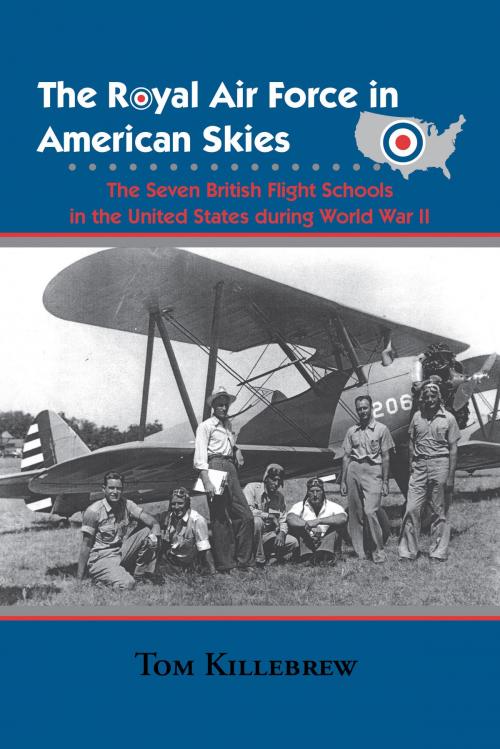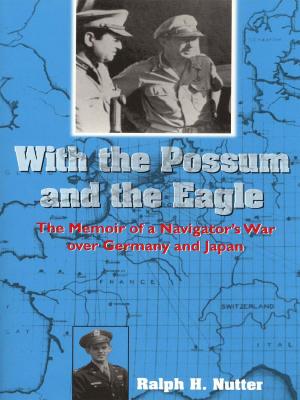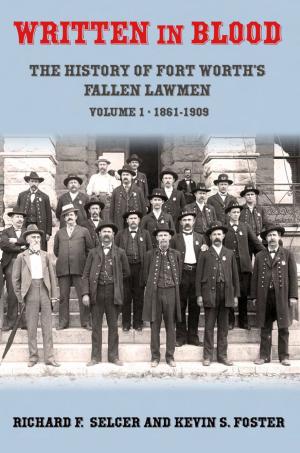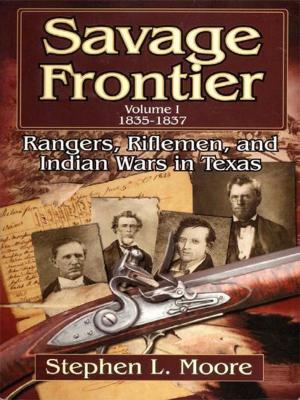The Royal Air Force in American Skies
The Seven British Flight Schools in the United States during World War II
Nonfiction, History, Military, Aviation, World War II| Author: | Tom Killebrew | ISBN: | 9781574416244 |
| Publisher: | University of North Texas Press | Publication: | October 15, 2015 |
| Imprint: | Language: | English |
| Author: | Tom Killebrew |
| ISBN: | 9781574416244 |
| Publisher: | University of North Texas Press |
| Publication: | October 15, 2015 |
| Imprint: | |
| Language: | English |
By early 1941, the war raged in Europe and Great Britain stood alone against the aerial might of Nazi Germany. Although much of the Royal Air Force's pilot training program had been relocated to Canada and other Dominion countries, the need for pilots remained acute. The British looked to the United States for possible assistance. Passage of the Lend-Lease Act in March 1941 allowed for the training of British pilots in the United States and the formation of British Flying Training Schools. These unique schools were owned by American operators, staffed with American civilian instructors, supervised by British Royal Air Force officers, utilized aircraft supplied by the U.S. Army Air Corps, and used the RAF training syllabus. Within these pages, Tom Killebrew provides the first comprehensive history of all seven British Flying Training Schools located in Terrell, Texas; Lancaster, California; Miami, Oklahoma; Mesa, Arizona; Clewiston, Florida; Ponca City, Oklahoma; and Sweetwater, Texas. The first British students arrived in a still-neutral United States in June 1941. Many had never been in an airplane (or even driven an automobile), but they mastered the elements of flight, attended ground school classes, were introduced to the mysteries of the Link trainer and instrument flight, and then ventured out on cross country exercises. Students began night flying with the natural apprehension associated with taking off into a black sky, aided by only a few instruments, a flickering flare path, and limited ground references. Some students failed the periodic check flights and had to be eliminated from training, while others were killed during mishaps and are buried in local cemeteries. Those who finished the course became Royal Air Force pilots. But the story of the British Flying Training Schools is more than the story of young men learning to fly. These young British students would also forge a strong and long-lasting bond of friendship with the Americans they came to know. This bond would last not only during training, but would continue throughout the war, and still exist long after the end of the war.
By early 1941, the war raged in Europe and Great Britain stood alone against the aerial might of Nazi Germany. Although much of the Royal Air Force's pilot training program had been relocated to Canada and other Dominion countries, the need for pilots remained acute. The British looked to the United States for possible assistance. Passage of the Lend-Lease Act in March 1941 allowed for the training of British pilots in the United States and the formation of British Flying Training Schools. These unique schools were owned by American operators, staffed with American civilian instructors, supervised by British Royal Air Force officers, utilized aircraft supplied by the U.S. Army Air Corps, and used the RAF training syllabus. Within these pages, Tom Killebrew provides the first comprehensive history of all seven British Flying Training Schools located in Terrell, Texas; Lancaster, California; Miami, Oklahoma; Mesa, Arizona; Clewiston, Florida; Ponca City, Oklahoma; and Sweetwater, Texas. The first British students arrived in a still-neutral United States in June 1941. Many had never been in an airplane (or even driven an automobile), but they mastered the elements of flight, attended ground school classes, were introduced to the mysteries of the Link trainer and instrument flight, and then ventured out on cross country exercises. Students began night flying with the natural apprehension associated with taking off into a black sky, aided by only a few instruments, a flickering flare path, and limited ground references. Some students failed the periodic check flights and had to be eliminated from training, while others were killed during mishaps and are buried in local cemeteries. Those who finished the course became Royal Air Force pilots. But the story of the British Flying Training Schools is more than the story of young men learning to fly. These young British students would also forge a strong and long-lasting bond of friendship with the Americans they came to know. This bond would last not only during training, but would continue throughout the war, and still exist long after the end of the war.















